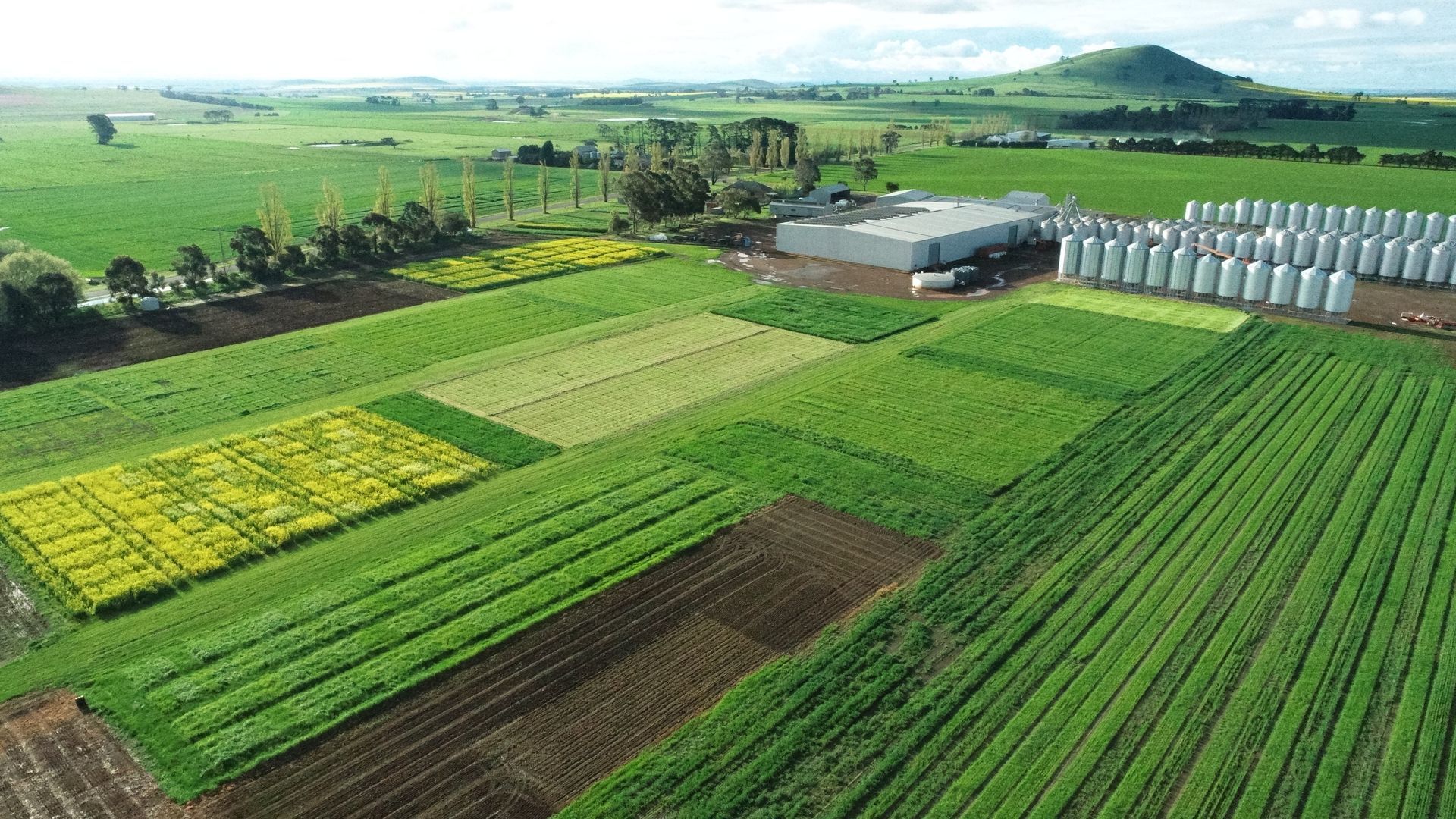1MG FlippingBooks
AGF Seeds: Investing so you can plant with confidence
An Australian family-owned seed production company with a proud 70-year history is getting the highest-quality seeds into the hands of farmers thanks to innovative research and development.

When farmers sow their crops, they want to know they are using the highest quality seeds that are well suited to Australian growing conditions.
Leading Australian seed production and marketing business AGF Seeds is investing heavily in research and development to ensure its customers can plant with confidence, and enjoy maximum returns.
The company has recently undergone a rapid expansion, increasing its capacity to supply world-class seeds and provide independent knowledgeable advice to resellers and growers.
It operates a six-hectare research site at Smeaton in rural Victoria, with hundreds of different trial plots aimed at finding the best varieties, and modern seed cleaning technologies to ensure an exceptional end product.
R&D and Production Manager Brendan Torpy says AGF Seeds is continuously improving and introducing new products.
“Because of the lead time to bring products to market, we have to be looking at the next products to come four or five years in advance”, Brendan says.
The trials at Smeaton are the first step in the R&D process.
“Genetics from partners across the globe and those developed from AGF’s own breeding program are trialled internally against key commercial lines. Varieties that meet key criteria requirements are entered into national trial networks such as GDRC, FAR, Pasture Trial Network, and independent trials”, Brendan says.
“This ensures all the genetics are tested in a range of environments across Australia to see if they will be successful.”
Quality assurance is integral, from before the crop is accepted into the cleaning plant to the time it is planted.
AGF Seeds Director David Toose says there are “strict quality assurance procedures to ensure that everything is clean, that all dust, chaff and weeds are removed, and that certification rules are adhered to”.
“The procedures are continually evolving with new machinery, training of staff and development of strict protocols”, David says.
The modern seed cleaning processing plant at Smeaton, complete with gravity table and colour sorter, ensures a smooth and safe process.
The process from a variety’s first trial through to being sown commercially is a journey that takes years; it is this dedication that ensures AGF Seeds produces the highest quality seed for its customers.
All the latest information about AGF Seeds products and guides is available here.
Key Benefits:
● World-class quality seed genetics for cropping and pasture farming systems.
● Research and technology collaboration providing the best advice on variety selection for farming conditions.
Contact details for AGF:
















